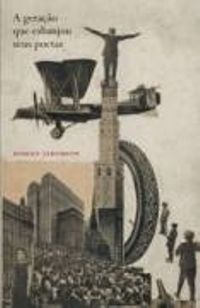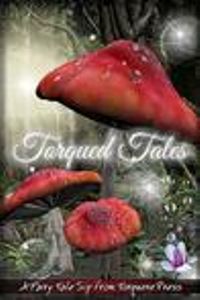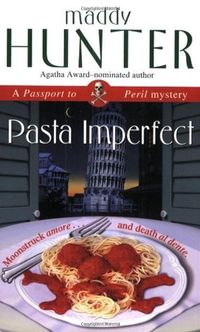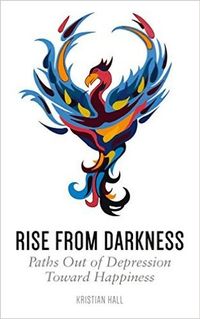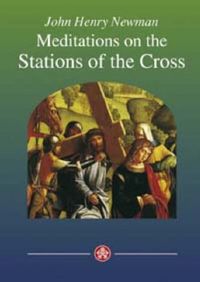
The Writer as Migrant
A Criticism, Writing, China book. In short, he must be loyal only to his art. Ha...
As a teenager during China's Cultural Revolution, Ha Jin served as an uneducated soldier in the People's Liberation Army. Thirty years later, a resident of the United States, he won the National Book Award for his novel "Waiting," completing a trajectory that has established him as one of the most admired exemplars of world literature. Ha Jin's journey raises rich and fascinating questions about language, migration, and the place of literature in a rapidly globalizing world-questions that take center stage in "The Writer as Migrant," his first work of nonfiction. Consisting of three interconnected essays, this book sets Ha Jin's own work and life alongside those of other literary exiles, creating a conversation across cultures and between eras. He employs the cases of Alexander Solzhenitsyn and Chinese novelist Lin Yutang to illustrate the obligation a writer feels to the land of his birth, while Joseph Conrad and Vladimir Nabokov-who, like Ha Jin, adopted English for their writing-are enlisted to explore a migrant author's conscious choice of a literary language. A final essay draws on V. S....
Download or read The Writer as Migrant in PDF formats. You may also find other subjects related with The Writer as Migrant.
- Filetype: PDF
- Pages: 96 pages
- ISBN: 9781282069978 / 1282069977
H1-ROJ0oO-.pdf
More About The Writer as Migrant
In short, he must be loyal only to his art. Ha Jin, The Writer as Migrant // But most good writers are Don Quixote at heart, and unreasonableness is often a condition of art. Ha Jin, The Writer as Migrant //
Ha Jin had used many writers'examples in this book.He had collected a few private life stories of those writers, so as to find some proofs for his arguments. However, I felt this book is more like his own bibliography. This slim volume is focused on the immigrant/migrant experience of writers. However, as so many in the United States leave their birthhome to make their home in other states, there are applications to writers who domestically relocate, never to return. At play are nostalgia, longing, representing a land, culture or people that the writer... A very interesting book about the writing of writers who left their native countries and in different ways managed to exist in their adopted ones. How much do they want to come back to their home countries? (And what is "home" by the way?) To what extent do they feel they belong to the countries where they were born and to what extent...
